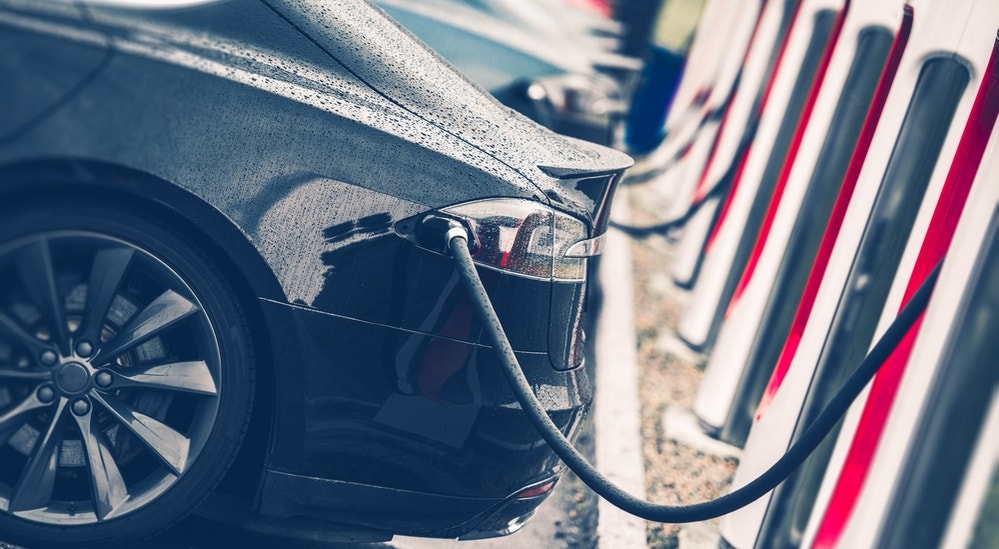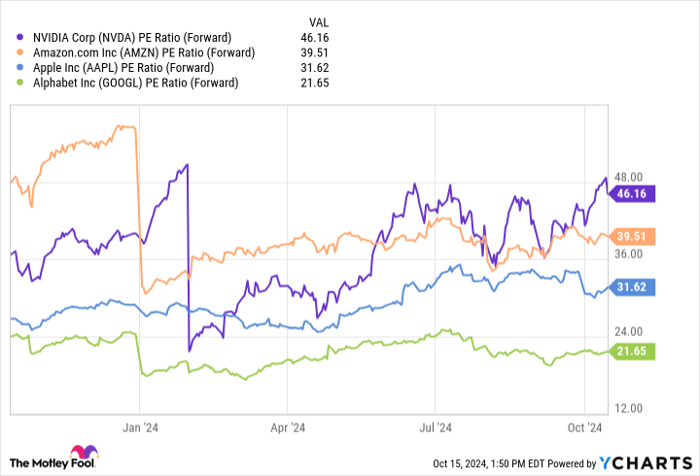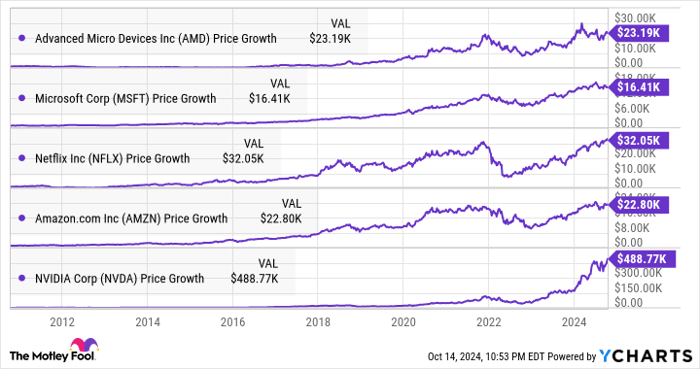
This week, President Joe Biden gave the green light to stringent new emissions standards for cars in the U.S., a move met with varied reactions across the automotive industry.
While the environmentalists rejoiced, pure-play electric vehicle (EV) manufacturers and those already committed to a complete EV transition saw a silver lining in the new regulations. However, the response from the United Auto Workers (UAW) union painted a contrasting picture.
Although the EPA made slight concessions to allow automakers more time to adapt and respond by rolling out the new rules gradually, the overarching mandate that two-thirds of new vehicles sold by 2032 must be EVs still remains.
Automakers Adapt
General Motors Company GM, already on path to exclusively electric vehicles by 2035, expressed support for the Biden administration’s initiative.
In their statement, GM acknowledged, “GM fully endorses the EPA’s final rule and its ambitious emission reduction objectives. Despite the challenges ahead, our investments and commitments towards an all-electric future position us favorably to contribute significantly to these goals.”
Stellantis STLA, which oversees an extensive range of U.S. and European car brands, including Chrysler, Dodge, and Jeep, reflected on the administration’s plan by stating, “While the targets for later years do present challenges, the final rule is an improvement from the initial proposal as it aligns better with the projected market demand and facilitates infrastructure development.”
They emphasized the necessity for forthcoming regulations to be in harmony with the current proposal, ensuring U.S. manufacturers can comply efficiently under a unified set of rules.
Reactions from Lobby Groups and Unions
The Alliance for Automotive Innovation, a trade association and lobby group, applauded the adjustments made to the EPA’s original propositions.
Their statement emphasized, “While the future is undoubtedly electric, controlling the pace of EV adoption in the immediate years ahead was a prudent decision. Moderating the targets for EV adoption until 2030 allows for a more realistic transition phase, enabling the market and supply chains to catch up.”
On the other end of the spectrum, the United Auto Workers union stressed the paramount importance of safeguarding jobs amidst the evolving automotive landscape.
The UAW’s statement underscored, “It is crucial for the government to prioritize job security and ensure that the transition towards the next generation of vehicles supports quality union jobs for American workers. This shift should be a resounding win for the labor force, not a cause for anxiety over potential plant closures and job losses.”
Praise from Electric Vehicle Manufacturers
On the other side of the spectrum, pure-play EV manufacturers welcomed the EPA’s announcement with open arms.
Lucid Group Inc LCID, creators of the luxurious Lucid Air and Gravity SUV, expressed their enthusiasm, stating, “As a dedicated all-electric automaker, Lucid embraces the EPA’s final rule and its mission to reduce greenhouse gas emissions. We are deeply committed to lessening our environmental impact while delivering an unparalleled driving experience.”
Even though Elon Musk may not be one to publicly laud the Biden administration, he did express agreement through a retweet on X from a fervent Tesla Inc TSLA supporter, advocating for Tesla as the vanguard in the electric vehicle revolution.
Explore Further: Biden To Present Intel With CHIPS Act Award, Affirming Arizona’s Emergence as a Semiconductor Hub: Report
Image via Shutterstock




